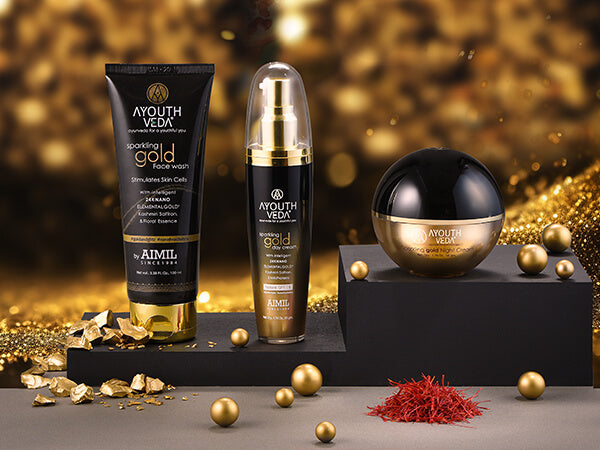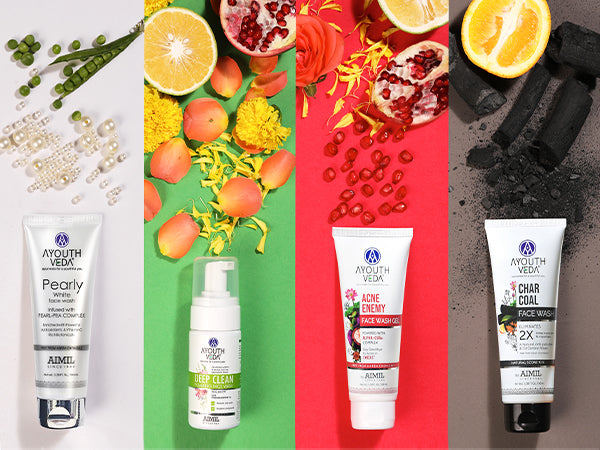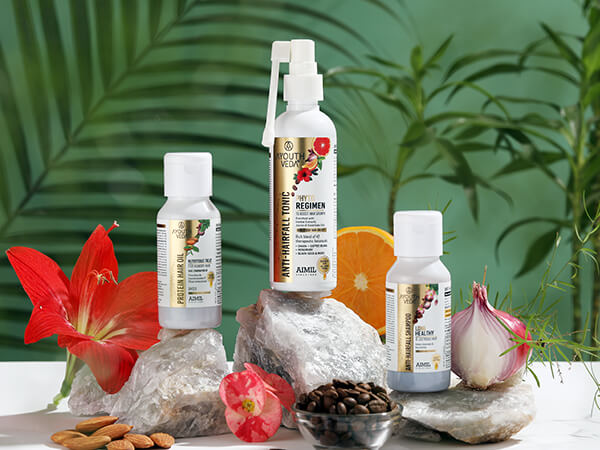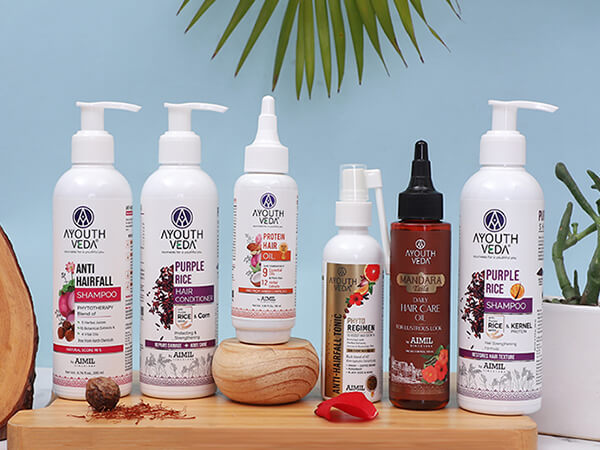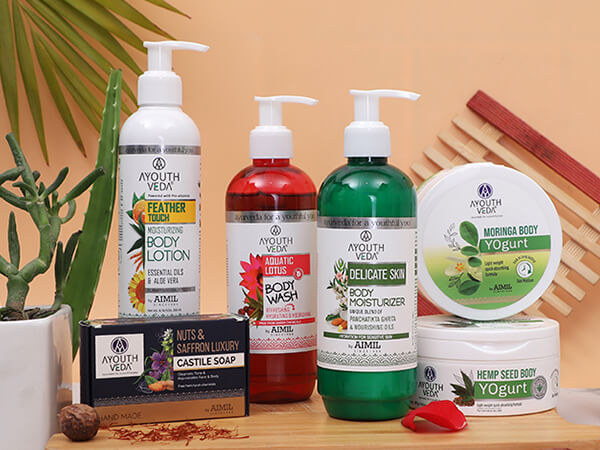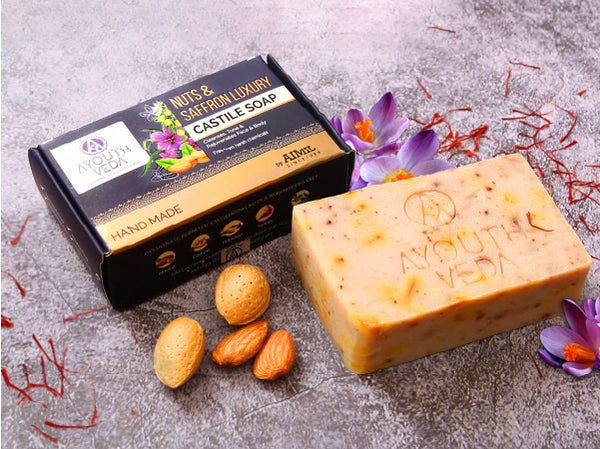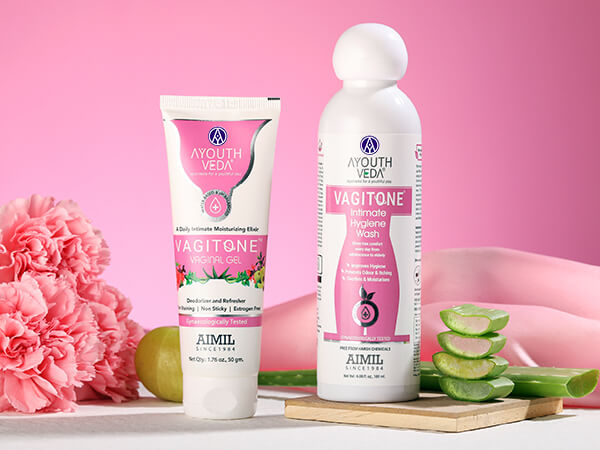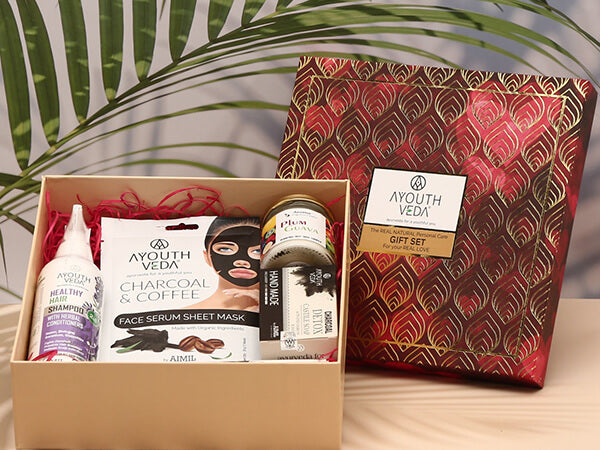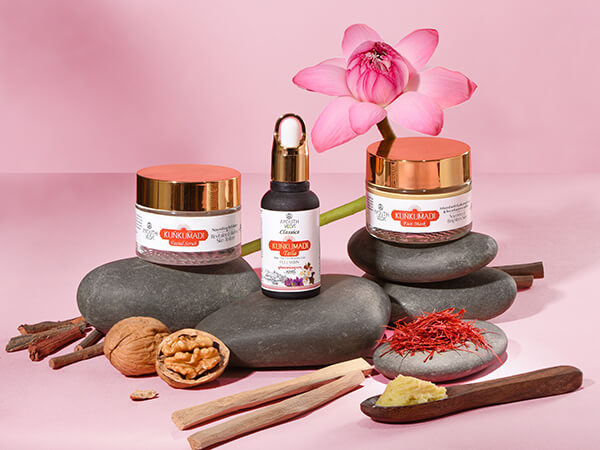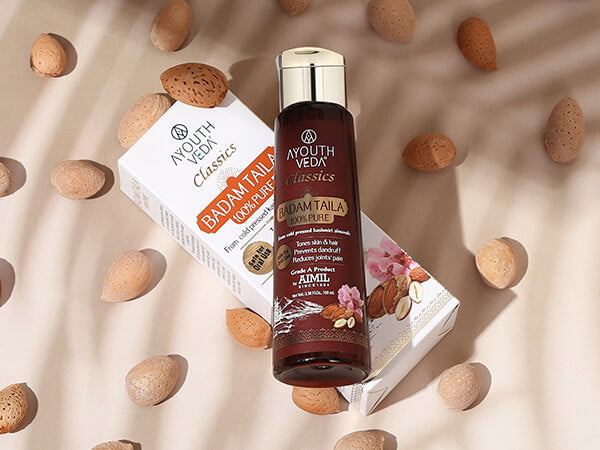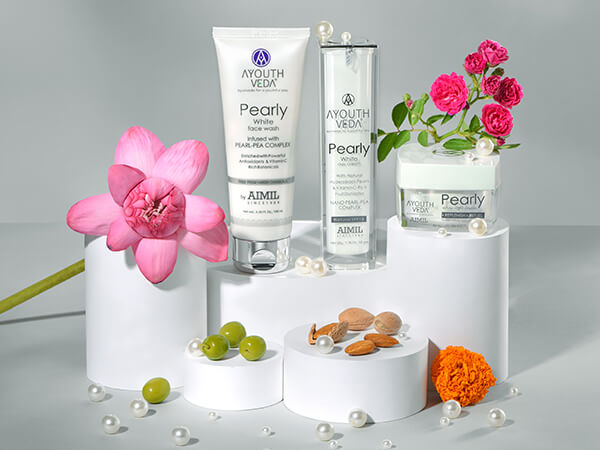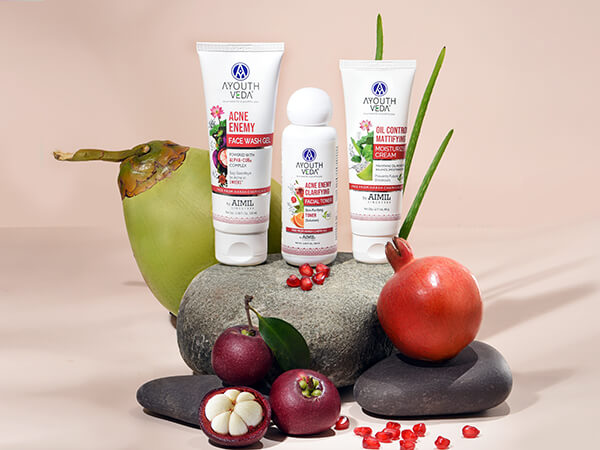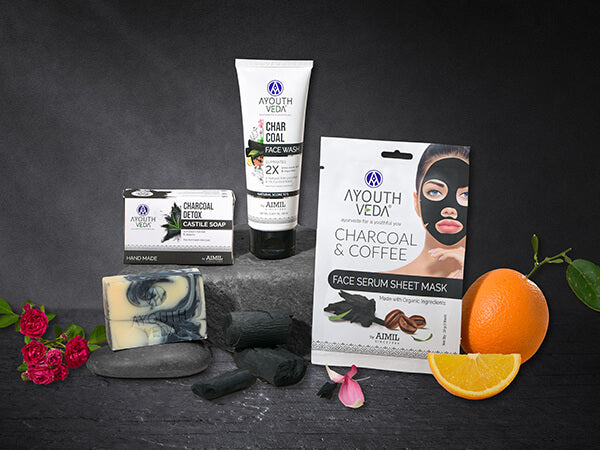Peptides in Skincare: How They Boost Collagen and Fight Aging

Want to know if it is possible to "push" your skin in a youthful, healthy direction — minus the over-the-top fixes? Enter the unsung heroes of skincare: peptides. Microscopic messengers that work behind the scenes to push your skin into self-repair mode, stimulating collagen peptides for skin, and maintaining firmness. Unlike the other overhyped ingredients, peptides in skincare have solid science backing their benefits. Here's what we mean and why it all adds up.
What Are Peptides, and Why Should You Care?
Think of peptides as your skin's personal trainers. They are short chains of amino acids-the building blocks of proteins like collagen and elastin- that tell your skin what to do. With age, collagen production slows down inviting fine lines and sagging skin, but peptide skincare can step in and signal your skin to keep producing it for keeping skin youthful.
There are different types of peptides for skin, one with a purpose other than another. Some work as follows:
Signal Peptides: Stimulate collagen and elastin production which helps in giving firmness and elasticity.
Carrier Peptides: Carry essential minerals like copper and magnesium to stimulate faster healing and reparation.
Enzyme Inhibitor Peptides: Slow down the natural degradation of collagen, allowing the skin to look younger and longer.
Neurotransmitter Inhibitor Peptides: Works like Botox, causing facial muscles to relax and giving a soft look to expression lines.
Do Peptides Actually Work?
The beauty industry throws around a fair amount of buzzwords, but peptides in skincare aren't just another trend. Research shows that peptides can improve skin texture, reduce wrinkles, and enhance hydration—if used consistently and in the right formulation.
For instance, one study published in the International Journal of Cosmetic Science reported that specific peptides enhanced collagen synthesis in skin cells preventing aging skin. Unfortunately, the same cannot be said of all peptide skincare products. Some formulations contain peptides at concentrations that are too low to be effective, while others combine them with ingredients that enhance their absorption, making a huge difference in results
How to Use Peptides for Maximum Benefits
Peptides are better absorbed in leave-on products like serums, moisturizers, and eye creams rather than cleansers that are washed off. Here's how to incorporate them into your routine:
Apply on Clean Skin – Apply peptide-based serums or moisturizers right after cleansing for better absorption.
Use It Wisely- Anti-Aging Peptides Skincare works well with hyaluronic acid (for hydration) and antioxidants (for added protection), but avoid using them with highly acidic products like AHAs and BHAs, which may break them down.
Give It Time – Unlike instant-fix products, peptides take time to show visible results. Give them at least 4–12 weeks.
Peptide Limitations
While peptide skincare has amazing benefits, they are not a miracle cure. They are not going to erase all deep wrinkles or sagging overnight. And some products go too far claiming results that peptides alone can't. So again, a well-rounded complete skincare regimen including sunscreen, hydrating, and other proven ingredients like retinol is crucial to get the desired results.
Conclusion
Peptides in skincare are a smart inclusion into any skincare routine, and they provide scientifically proven benefits without the harshness of some invasive treatments. Whether you aim to to firm up, smooth or just keep healthy skin, peptides can assist, but that only happens if you select the right products and use them consistently.
Your skin is smart. Give it the right tools, and it'll do the rest.


